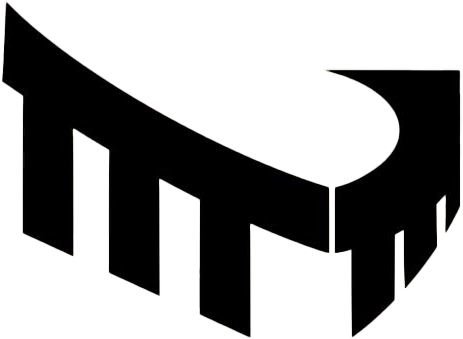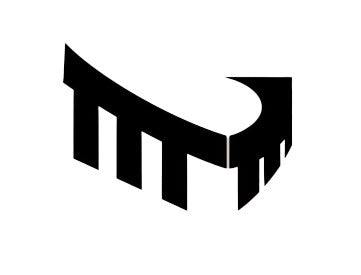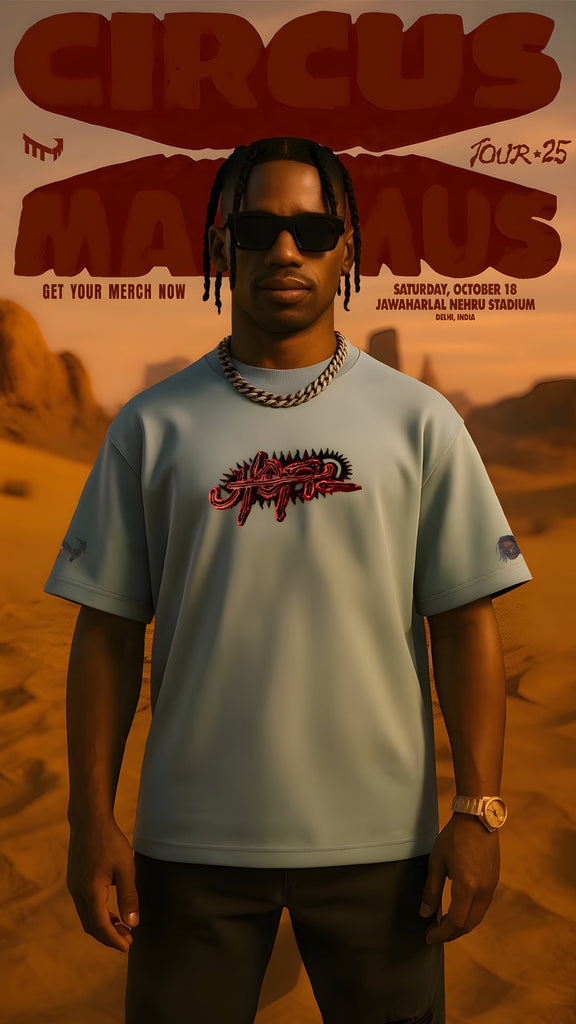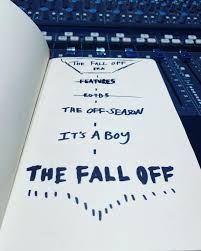
Desi Hip-Hop: Is Being an Independent Artist Better?

Introduction:
In the ever-evolving landscape of Desi Hip-Hop (DHH), the question of whether it's better to be an independent artist or sign with a record label has been a topic of much debate. With the rise of artists like King and Emiway Bantai, who have achieved immense success as independent artists, many aspiring musicians are reconsidering their options and opting to go the independent route. In this blog post, we delve into the advantages of being an independent artist in DHH and explore why more artists are choosing this path.
The Rise of Independent Artists:
In recent years, we've witnessed a surge in the popularity of independent artists in the DHH scene. Artists like King and Emiway Bantai have demonstrated that it's possible to achieve significant success without the backing of a major record label. Their DIY approach to music production, marketing, and distribution has resonated with fans and empowered a new generation of independent musicians.
The Exodus from Record Labels:
A noteworthy trend in the Indian hip-hop community is the exodus of artists from major record labels. Bantai Records, founded by Emiway Bantai, and Kalamkaar, founded by Raftaar, are two prominent record labels that have seen several artists depart in recent years. This shift reflects a growing sentiment among artists who value creative freedom and autonomy over the constraints of a record label.
The Benefits of Independence:
Being an independent artist offers a multitude of benefits, chief among them being creative control and ownership of one's music. Independent artists have the freedom to express themselves authentically without external pressures or interference. Moreover, they can explore diverse revenue streams, such as merchandise sales and live performances, without having to share profits with a record label.
The Role of Brands like The Bridge:
As brands in the DHH space, we recognize the importance of supporting independent artists and empowering them to thrive. That's why we've partnered with The Bridge, a platform that provides independent artists with the opportunity to create and sell their own merchandise. By offering this service for free, we aim to help artists market their music and themselves while retaining full control over their creative vision.
Check Out the DHH Collaboration on The Bridge







